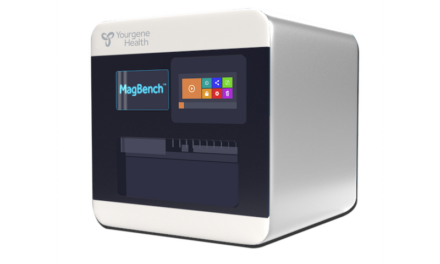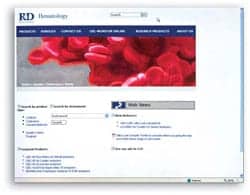Natera, San Carlos, Calif, a genetic testing and cell-free DNA analysis company, has announced American Medical Association issuance of a new CPT code for zygosity testing in twin pregnancies, using the company’s Panorama noninvasive prenatal test (NIPT).
Zygosity describes whether twins are identical (monozygotic) or nonidentical (dizygotic), and is closely linked to risks for placental disorders that can occur in identical twin pregnancies.
Panorama is currently the only NIPT able to evaluate zygosity, and is clinically validated to offer greater than 99% accuracy as early as 9 weeks of gestation.
Natera has generated new utility data from an analysis of the first 5,000 commercial zygosity cases processed by the company since its launch of the Panorama zygosity test in 2017. More than 1 in 4 clinicians marked that they were ‘unsure’ whether the fetuses shared a single placenta based on ultrasound alone. When twins share a single placenta, which generally only occurs in the case of identical twins, the risk for potentially lethal disorders such as twin-twin transfusion syndrome (TTTS) increases and requires specialty care and extra surveillance.
The company’s analysis showed that 70% of the ‘unsure’ cases were nonidentical, and therefore had separate placentas, enabling the parents to avoid specialty care. The Panorama zygosity test also helped to reclassify up to 3.4% of cases from high-risk to low-risk when the ordering physicians saw a single placenta on ultrasound but Panorama reported nonidentical twins.
“The ability to determine zygosity in twin pregnancies is clinically very valuable,” says Errol Norwitz, MD, PhD, CSO, professor and chair of obstetrics and gynecology at Tufts Medical Center. “This test can help doctors triage patients appropriately to heightened surveillance versus routine care, and it can help avoid under- and overtreatment.”
To learn more, visit Natera.






